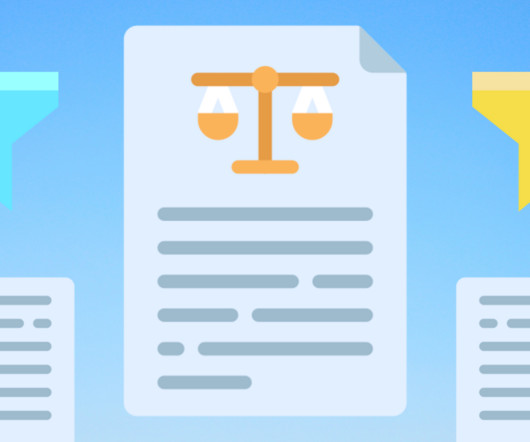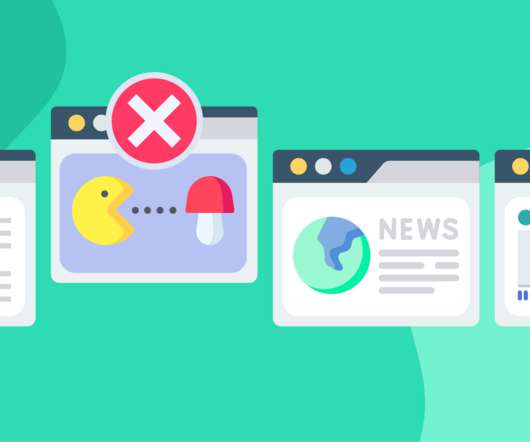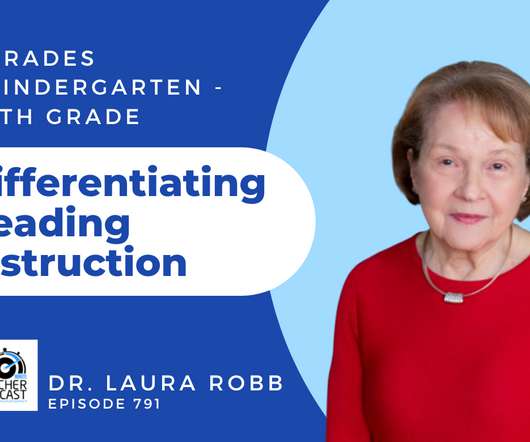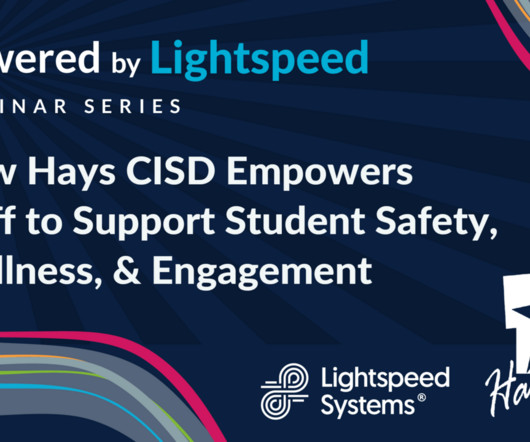Understanding the legal implications of using web filters in K-12 schools
Hapara
NOVEMBER 16, 2023
It helps prevent students from accessing inappropriate content while learning online and is administered by the Federal Communications Commission. Most people know that content filters help prevent students from accessing inappropriate content online. This responsibility includes blocking or filtering access to inappropriate content.














































Let's personalize your content